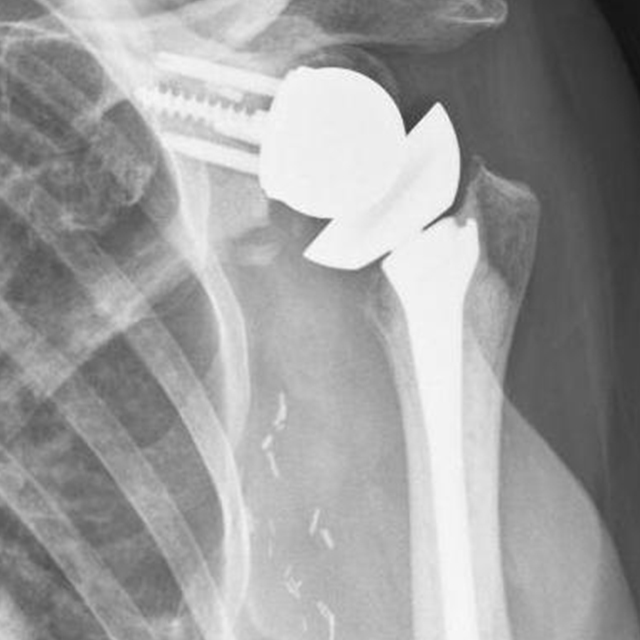No patient with musculoskeletal pain is exactly like any other. A multitude of patient-specific characteristics, behaviors and conditions interact in complex ways that can influence whether a treatment succeeds or fails. At Johns Hopkins, researchers are working toward a future when a highly sophisticated, data-driven approach will allow them to predict treatment outcomes with more precision and to offer customized support that builds on patients’ individual strengths and reduces their obstacles to recovery.
Leading the way is Richard Skolasky, a professor who was recently named the vice chair of research for orthopaedic surgery. In this new role, Skolasky plans expanded collaboration among basic scientists and clinicians who share one goal: to improve quality of life for patients with musculoskeletal pain. “I see data-driven decisions as the key piece,” he says. “How do we create structures that collect high quality data through our clinical operations to support quality improvement, develop key performance indicators and further our research?”
Skolasky believes that Johns Hopkins orthopaedics is well poised to achieve this goal. “We have all of the components within our department — very strong components — that we need to study, understand and share new discoveries,” he says. “That’s what I want to empower my colleagues to do. I want to help create environments where people can share their ideas and challenges and find new opportunities to take the work to the next level.”
Laboratory research in the department focuses in part on understanding the cellular mechanisms of age-related degeneration in the spine, hip and knee. Skolasky describes animal-based investigations of the drivers of age-related musculoskeletal pain, including innervation and vascularization of deteriorating cartilage and joints. “We are beginning to think about potential pharmacological agents that could affect that innervation and vascularization and hopefully reduce or eliminate pain at the joint,” he says. This basic research, coupled with world class clinical faculty, are the ingredients that Skolasky says can fuel powerful translational research collaborations.
Clinical research on patient outcomes and patient-centered care models is another crucial area of expertise. Skolasky’s recent research has delved deeply into the influence of patient characteristics on postoperative spine pain. “Characteristics that patients bring with them, whether they’re negative factors like anxiety or depression, or positive ones like patient engagement and resilience, can influence outcomes following surgery,” he says. When the factors most strongly tied to treatment outcomes are identified, Skolasky says, the next task will be to “integrate the collection of these data into clinical care and to develop tools to identify patients who, for example, may have a high burden of anxiety and depression, or those who are very engaged in their care.”
Through development of such tools, clinicians will be able to help patients make the most of their strengths while mitigating their unique set of potential barriers to recovery by recommending the most effective, data-driven treatment pathways.

